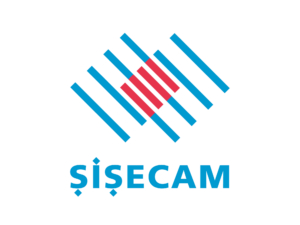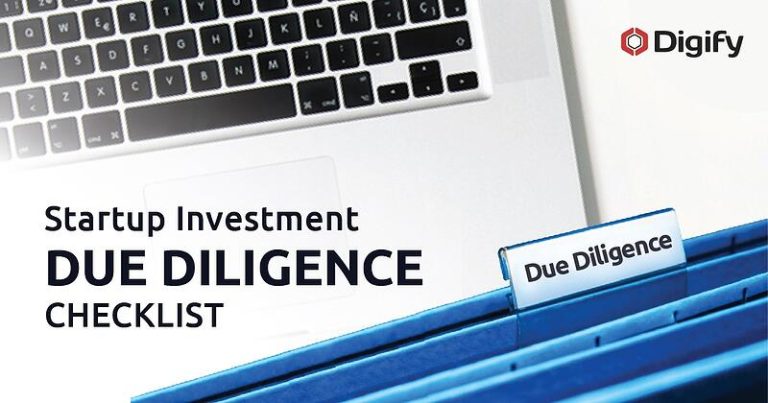Your best chance of quickly completing your seed funding, or Series A round and beyond is to fully understand the investment due diligence your company will face from potential investors and being prepared to meet the due diligence objective.
Establishing a virtual data room (VDR) should be done before you even before you begin your due diligence. Properly organizing your VDR helps you accelerate the due diligence process and also lower the risk of the deal cratering if it takes too long.
What happens during due diligence?
The due diligence process helps the investor determine if its initial decision to provide funding is based on accurate information. As such, investors check your finances, your company’s structure, legal documents, key personnel, employment contracts, vendors, clients and more.
Of course, investors will do a full financial analysis of your company. But they also will conduct a background check on all of your founders, board members and key personnel. They will want to see signed employment agreements for all staff to ensure your intellectual property rights are protected. They will examine your vendor contracts to ensure that there are no extraordinary risks. If your business is a software or tech service, they will perform an IT due diligence on the technology. They may call clients to make sure they are happy with your product.
This detailed due diligence process begins after a term sheet has been signed, outlining the proposed investment.
Your VDR allows you to put all of this information in place, even before you begin contacting potential investors, then you control what information you share at each step of the process. Being prepared with the necessary documents will help accelerate your due diligence process, as it takes a considerable amount of time to gather all the necessary documents. In some cases, even before due diligence starts, you will be required to send confidential information with potential investors to attract them to invest in your company.
Timing of VC Due Diligence
As we stated earlier, the investment due diligence process kicks in once you and your potential investor have agreed on the term sheet. At that point, the investor will present you a venture capital due diligence request list.
Your advance work in preparing your VDR will make all the difference at this point. If these investigators have all the investor due diligence documents readily available, the quicker the process will play out.
Normally, due diligence can take some time. If you have your VDR fully stocked and ready to go, this due diligence time frame can be compressed to weeks instead of months. Our investment due diligence checklist template is a valuable resource to get you organized for the fastest turnaround.
What’s Covered in the Investment Due Diligence Process?
The short answer to that question is “Everything.” Here are more details about what you can expect from venture capital due diligence: Download our free venture capital due diligence checklist for more details.
- Founders and Management: Investors do extensive background checks on your company’s founders, management and other key personnel.
- Legal Matters: This will include every scrap of organizational paperwork involved with your company, such as state sales tax license, partnership agreements, articles of incorporation, etc. Legal protections for your intellectual property such as patents, licenses, etc. will go into your VDR. Any lawsuits present or past also should be revealed as full disclosure.
- Financials: The investor will review your financial history, profit and loss, budgets and projections. You’ll also need to show any business plans and contracts with suppliers and customers.
- Employees: You’ll be expected to show contracts or employment agreements with all of your employees to ensure you have protection of all intellectual property rights.
- Technicals: The investor may want to review technical information on your product, such as technologies used, and how you address security and scalability issues.
- Clients: VCs may talk to selected clients to understand how well your business is performing and how well it can expect to perform in the future. They also will review all client contracts to determine if they support your projections.
Benefits of a Virtual Data Room
A virtual data room is going to provide you three primary benefits—control, speed, and insight. Even more, it’s going to provide a framework to prepare for success, which is explained further in this blog post. Our investment due diligence checklist pdf puts you on the right track to fly through VC startup due diligence.
- Control: Deals sometimes do not happen in the end due to various reasons. In such cases, you do not want an investor to keep all the due diligence documents which may contain your confidential financial and intellectual property data. With a virtual data room, you control who has access to your files and whether they can re-send or print them. You track who sees files, so you also can retrieve files when you’d like and withdraw anyone’s access. You can even set time limits in advance for how long they can access files. At Digify, your files will be protected with AES-256 encryption, which has been certified by the National Security Administration to protect top-secret files.
- Speed: Having your fundraising due diligence materials gathered in advance in a readily available VDR shortens the entire due diligence process. There are also features in a VDR that make due diligence easy, such as the ability to structure your files and folders according to how you intend your investors to view them. If you have more than one investor considering the investment, the analytics on the documents show you when and how often a VC has accessed your documents, helping you in your follow-ups and focus.
- Insight: When you are anxiously waiting on an investment decision, you can feel a little in the dark about your potential investor’s process. But the tracking and analytics functions of your VDR allow you to monitor where your potential investors are during both pre-due diligence and due diligence phases, giving you greater insight into their decision-making timeframe. You can learn more in this blog post.
Can Due Diligence Kill a Deal?
Startup investor due diligence costs the investor time and money, so the investor is typically committed to a deal before launching the process.
Still, deals can fall apart during due diligence. Primarily, this happens because the investor finds something the company failed to disclose, whether intentionally or accidentally, which is the value of due diligence.
Therefore, complete honesty with your potential investors, through the courtship stage, pre-due diligence and technical due diligence will greatly increase your chances of surviving the due diligence stage and gaining that much-needed investment.
The process of seeking and gaining venture capital is a grueling one that will consume your time and energy that normally you commit to your business. Getting it done successfully, however, means the key to growth and survival of your business and your dream.
Digify would like to assist you through this process by helping to set up your vital VDR and organize it in the best way to meet your potential investors’ needs as they perform due diligence. Download a free copy of our startup due diligence checklist now to serve as a guide for a successful due diligence.












